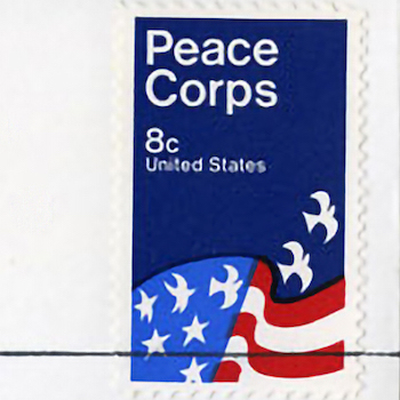
The Peace Corps at Sixty: A Timeline of Six Decades of Service — and Snapshots from the Wider World
Some moments that have defined the Peace Corps from 1960 to today. Plus a year-by-year look at countries where Peace Corps programs began. Researched by Ellery Pollard, Emi Krishnamurthy, Sarah Steindl, Nathalie Vadnais, and Orrin Luc At right: the 10th-anniversary Peace Corps stamp, issued in 1972. Image courtesy Peace Corps As part of the 60th anniversary of the Peace Corps in 2021, WorldView magazine has published a series of timelines tracking Peace Corps’ beginnings — and we’ve traced the 25-year history of Peace Corps Response. Explore more here: Annotation: Changing World | The Globe in 1961, the year the Peace Corps was founded...
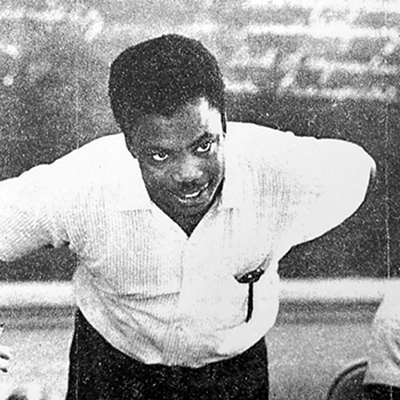
Hardy Frye Served as Peace Corps Country Director in Guyana and Was Deeply Engaged in Civil Rights Activism
He was a scholar, teacher, film producer, and worked with emerging Black political parties in South Africa. A lesson: Hardy Frye, in his days with the Student Nonviolent Coordinating Committee, telling how Black Americans in the South overcame fear to organize community action. Photo courtesy Civil Rights Movement Archive By NPCA Staff Tuskegee, Alabama, was where Hardy Frye grew up and learned about Black history from his teachers. After service in the Army, he moved to Los Angeles and became involved in civil rights activism. He picketed the 1960 Democratic National Convention and registered Black voters during Mississippi Freedom Summer. He was...
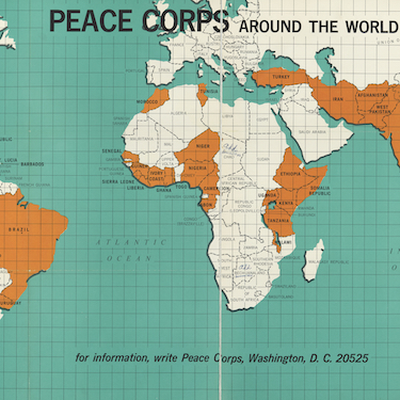
1961: Towering Task Edition
A look at the year in which the Peace Corps was founded with great aspirations — and the troubled world into which it emerged. Research and editing by Jake Arce, Orrin Luc, and Steven Boyd Saum Map images throughout from 1966 map of Peace Corps in the World. Courtesy Library of Congress. For the Peace Corps community, 1961 is a year that holds singular significance. It is the year in which the agency was created by executive order; legislation was signed creating congressional authorization and funding for the Peace Corps; and, most important, that the first Volunteers trained and began...
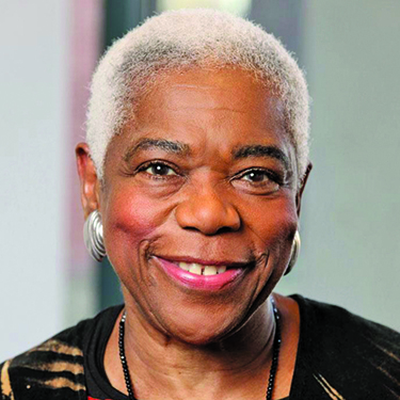
You Are Going to Do Something to Defeat It
Civil rights attorney Elaine Jones talks with Jalina Porter Photo: Elaine Jones. Courtesy Elaine Jones Elaine Jones has led a landmark career that has included being the first woman to direct the NAACP Legal Defense Fund and the first African American woman to attend law school at the University of Virginia. Where she learned the lessons in diplomacy that prepared her for that: Peace Corps in Turkey. The daughter of a Pullman porter and a schoolteacher, Elaine Ruth Jones was born in Norfolk, Virginia, and was raised in the Jim Crow South. She has spoken of the importance of understanding...
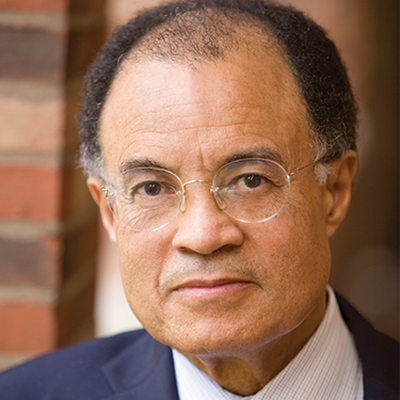
Pioneer in Justice: Drew S. Days III
First African American to lead the Civil Rights Division of the Department of Justice — and the first Black man to lead any division at Justice, period. Photo Courtesy Yale Law School Drew S. Days III was appointed to the Department of Justince in 1977 under President Jimmy Carter. He later served as solicitor general of the United States under President Bill Clinton. Gentle, courageous, and kind, he devoted much of his career to striving for racial equality. Born in Atlanta in 1941, he grew up in Tampa, Florida, and at the age of 30 won a lawsuit that desegregated...
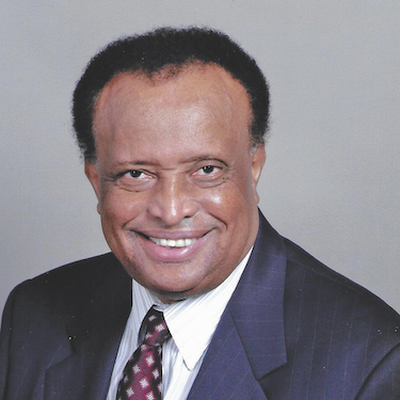
In Memoriam: Walter Carrington
He led Peace Corps programs, served as a top diplomat, and achieved important milestones in civil rights. By Jonathan Pearson One of the first country directors appointed by Sargent Shriver in 1961, Walter C. Carrington led Peace Corps programs in Tunisia, Senegal, and Sierra Leone in the 1960s before serving as Regional Director for Africa. But that was just one facet of a remarkable life. Prior to that, at Harvard he founded the chapter of the NAACP. He was the youngest-ever member of the Massachusetts Commission Against Discrimination, and in the late 1950s his commission work included leading an investigation into the racist practices of the Boston Red Sox...